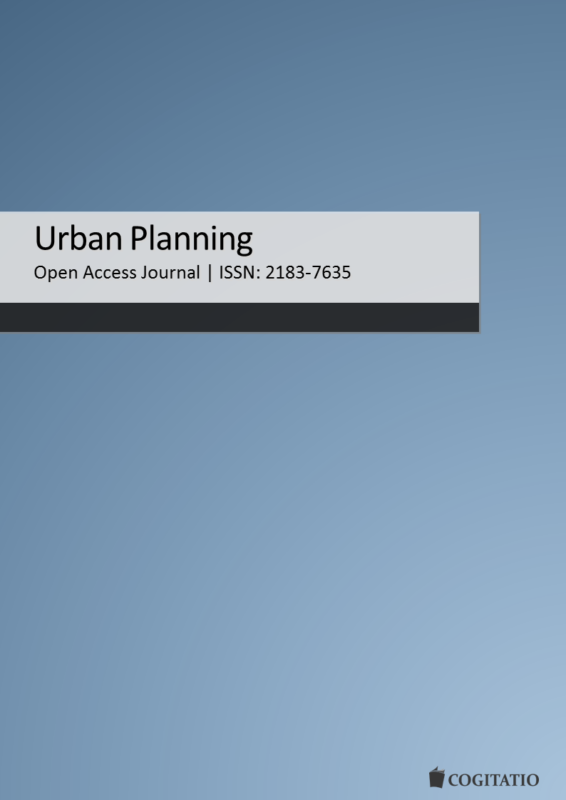Marcin Dąbrowski, Verena Balz, and Lei Qu from the SPS team contributed to four papers in the new special issue of Urban Planning, an open access journal. The special issue is based on the H2020 REPAiR project and the related teaching experiences in Quarter 3 studio as part of our Urbanism master programme. It explores issues on the nexus of circular economy and spatial planning, drawing on cutting-edge research on this topic conducted across the REPAiR’s six case study cities (Amsterdam, Hamburg, Naples, Łódź, Ghent and Pecs). Below is a list of papers with links. All papers can be viewed and downloaded for free.
 Facilitating Circular Economy in Urban Planning
Facilitating Circular Economy in Urban Planning
| Download Complete Issue | |
A shift towards a more Circular Economy is crucial to achieve a more sustainable and inclusive built environment that meets future demands. Circular Economy is a promising concept for industry and society. If implemented well, Circular Economy can deliver environmental benefits and economic advantages for which innovation is essential. To achieve a resource-efficient built environment the Circular Economy should be developed and implemented systemically and on a large scale, going beyond cities. To realise this, local authorities, citizens, and other stakeholders need a collaborative and science-informed decision environment that allows for developing different waste and resource management options, and assessing their impacts on the environment, resilience, spatial quality and quality of life. The articles in this special issue all discuss different aspects of research to deliver solutions and strategies for a circular economy in urban planning throughout Europe, focusing on peri-urban locations. The first article introduces Living Labs as a methodology to co-create circular solutions and strategies with local stakeholders. The second article focuses on governance for the shift towards a Circular Economy, unravelling hindrances and revealing objectives, whereas the third article develops a means to transfer circular strategies and solutions from one location to another. The fourth article presents an open-source tool based on the geodesign approach which links the co-creation of design proposals to impact simulations informed by geographic contexts, systems thinking, and digital technology—the Geodesign Decision Support Environment. Finally, the fifth article presents the first results of incorporating the concept of Circular Economy in an integrative manner in urban design and planning courses.
Facilitating Circular Economy in Urban Planning
By Hilde Remøy, Alexander Wandl, Denis Ceric and Arjan van Timmeren
Managing the Transition towards Circular Metabolism: Living Labs as a Co-Creation Approach
By Libera Amenta, Anna Attademo, Hilde Remøy, Gilda Berruti, Maria Cerreta, Enrico Formato, Maria Federica Palestino and Michelangelo Russo
Urban Regions Shifting to Circular Economy: Understanding Challenges for New Ways of Governance
By Andreas Obersteg, Alessandro Arlati, Arianne Acke, Gilda Berruti, Konrad Czapiewski, Marcin Dąbrowski, Erwin Heurkens, Cecília Mezei, Maria Federica Palestino, Viktor Varjú, Marcin Wójcik and Jörg Knieling
A Geodesign Decision Support Environment for Integrating Management of Resource Flows in Spatial Planning
By Gustavo Arciniegas, Rusné Šileryté, Marcin Dąbrowski, Alexander Wandl, Balázs Dukai, Max Bohnet and Jens-Martin Gutsche
Transferring Circular Economy Solutions across Differentiated Territories: Understanding and Overcoming the Barriers for Knowledge Transfer
By Marcin Dąbrowski, Viktor Varjú and Libera Amenta
The Circular Economy Concept in Design Education: Enhancing Understanding and Innovation by Means of Situated Learning
By Alexander Wandl, Verena Balz, Lei Qu, Cecilia Furlan, Gustavo Arciniegas and Ulf Hackauf
For complete issue please follow this link.
